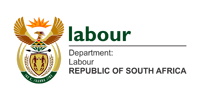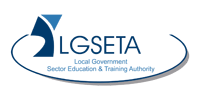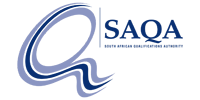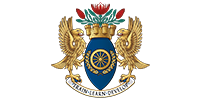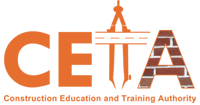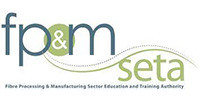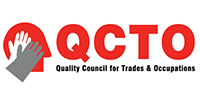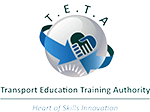Regardless of the industry or environment you work in, accidents are bound to happen, which is why first aid training is essential for troubleshooting dangerous situations. While first aid training may help to prevent potential injury in the workplace, there are several mistakes that people often make when tending to a medical emergency. Innocent as these faults may be, it takes only one small slip-up to take a harmful situation from bad to worse.
As a health and safety training company, EMCARE is dedicated to equipping individuals with the skills they need to prevent accidents and keep others safe. In this quick read, we’ll be highlighting some of the most common first aid mistakes and how to troubleshoot them.
Seven First Aid Mistakes To Avoid
Having an effective emergency response is crucial in first aid, which is why errors and pitfalls need to be avoided at all costs. While they may seem insignificant at first, mistakes can have disastrous effects on a situation, especially without first aid training.
Those that work in the first aid field always need to be prepared to assess and troubleshoot emergencies under pressure. This can make it easy to forget important protocols and make simple errors in the moment. Below are some of the most common first aid mistakes that you can easily avoid:
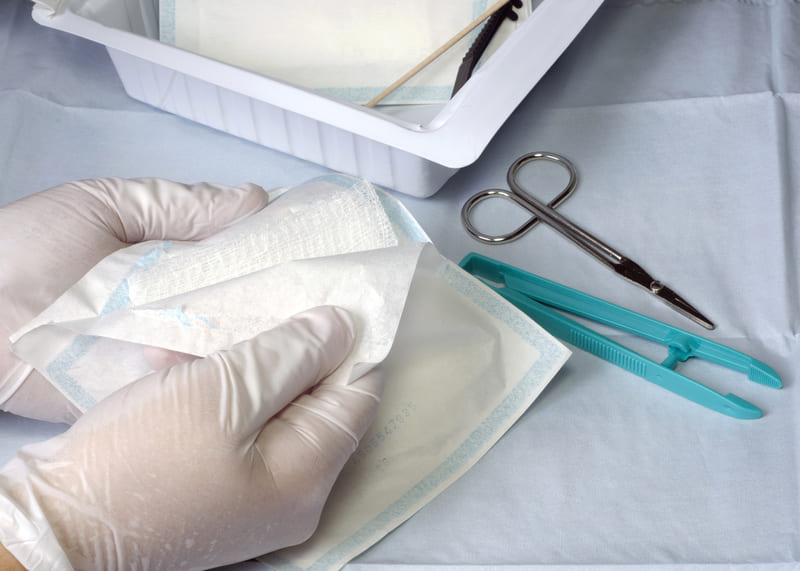
Dressing Wounds Incorrectly
When injuries of any kind are not tended to properly, it can worsen their damage or hinder their recovery. Improper wound care can encompass a range of techniques, such as not cleaning the injury, using inappropriate materials and dressing the wound incorrectly.
EMCARE’s first aid training covers the basics when it comes to properly caring for wounds and bleeding. When attending to a wound, make sure that your hands are properly washed before gently cleansing the affected area with water and mild soap. Once the wound has been cleaned, cover it with a sanitary dressing or material. Cleanliness is paramount to proper first aid as it can prevent infection or contamination from harmful bacteria.
Dismissing Head Injuries
While many head injuries may not show immediate signs of damage, like bruising or bleeding, they are never to be overlooked. Often, head injuries are neglected at the scene of an emergency despite how serious the damage may be.
Performing a medical assessment is crucial for any damage to the head as this will determine the severity of the injury. If a person is experiencing symptoms like dizziness, confusion, severe pain or loss of consciousness, they require immediate medical attention. With EMCARE’s first aid training, you’ll be able to perform emergency scene management as well as assess head and spinal injuries.
Improperly Tending To Burn Injuries
One of the easiest injuries to incur are burns, which is why it is essential to know the proper technique to tend to them. A common misconception around burn injuries is applying butter to the affected area. Greasy substances should never come into contact with burns as they can hinder recovery and worsen pain.
To alleviate pain, place the burn injury under cool water for at least 10 minutes. Use a clean cloth to gently dry the area before dressing. If you’re interested in gaining important first aid skills, EMCARE’s basic first aid training course covers the basics of burn injuries and how to treat them.
Mishandling Individuals With Fractures
Fractures are highly delicate injuries that can be easily worsened if not tended to correctly. Despite this, many people attempt to straighten fractures by themselves or move the injured person into a different position. Unless you’re a medical professional, these practices should never be attempted.
Instead of realigning the fracture, make sure you reinforce it with splints or other sturdy materials to keep it in place until it can be properly attended to. The more stable the injury is, the less chance there is of it incurring further damage. Fractures are an essential module covered in EMCARE’s first aid training.
Incorrectly Performing CPR
One of the most important emergency response techniques you will learn during first aid training is cardiopulmonary resuscitation (CPR). While CPR is crucial in many life-or-death situations, it is often performed incorrectly or without urgency.
The success of a CPR procedure relies on following a specific set of safety measures. These measures include assessing the person’s breathing and responsiveness and performing chest compressions. Once you’ve confirmed that the individual is unable to breathe, you should begin CPR immediately. If you want to learn the proper way for performing chest compressions, EMCARE’s first aid training includes a comprehensive guide on adult CPR.
Ignoring Allergic Reactions
Allergic reactions can look different for each person, ranging from barely visible symptoms to life-threatening danger. Despite this, allergic reactions are often not given the proper attention they deserve during an emergency, causing symptoms to escalate.
The most important step to follow when troubleshooting an allergic reaction is determining the nature of the reaction. Look out for signs like rashes, excessive swelling, dizziness or laboured breathing. Once you’ve determined that an individual is experiencing an allergic reaction, contact emergency services as soon as possible, especially if the symptoms are severe.
Performing First Aid Without Training
While you may feel tempted to help an injured individual during an emergency, a lack of first aid training or basic safety knowledge could make the situation far worse. Proper first aid follows a strict set of rules and protocols that need to be followed. Without having the right skills and training required to perform first aid, you may cause further damage to an injured person.
One of the best ways to prepare yourself for an emergency is by taking EMCARE’s first aid training course. With modules such as burns, CPR, fractures, ethics, legal implications and more, you’ll have all the necessary tools and skills to effectively treat wounds and keep those around you safe.
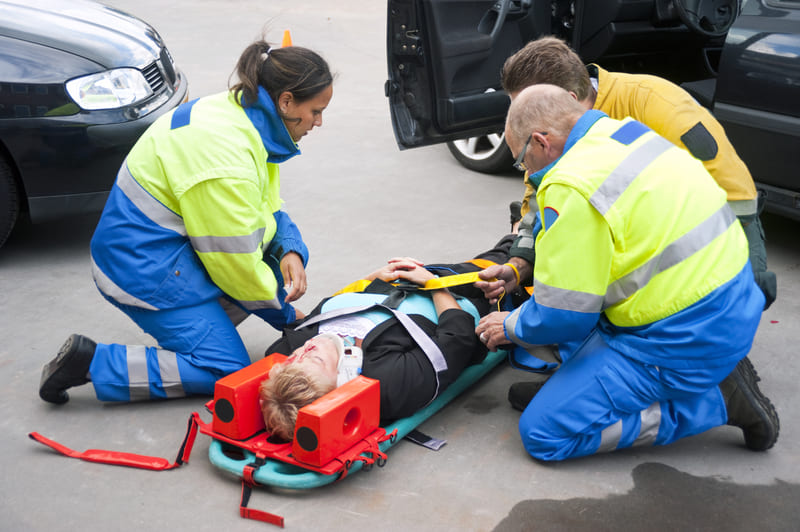
EMCARE: Training First Responders Correctly
In an emergency situation, with lots going on it can be easy to make mistakes, especially when attempting to apply first aid. The best and most effective way to avoid the mistakes discussed above is by making sure you are well trained, and at EMCARE we can help you with that. So, if you are interested in learning more about the first aid courses we offer, don’t hesitate to visit our website today.


